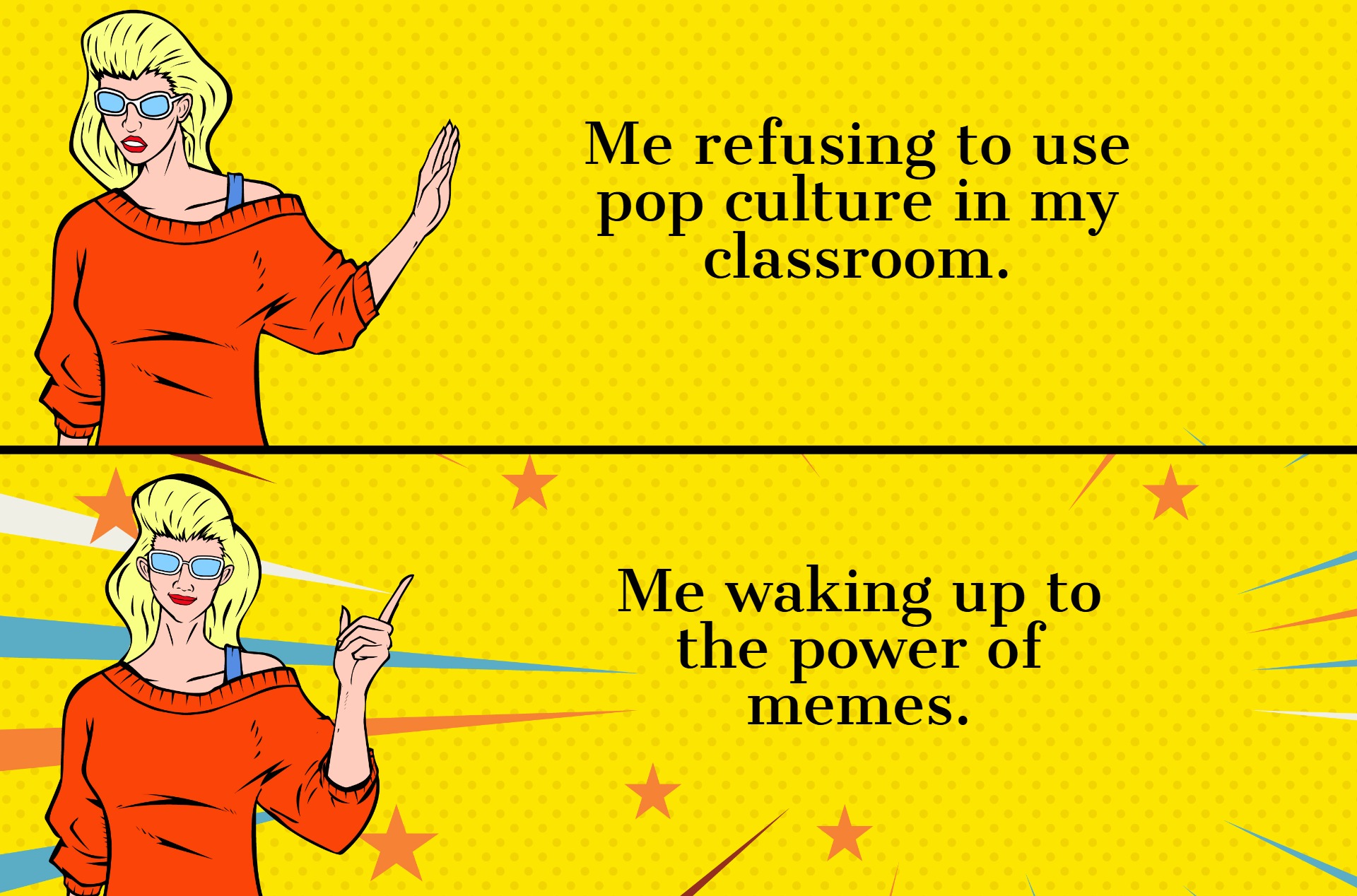Incorporating experiential learning in a PhD program
A faculty member collaborated with campus career services to deliver an experiential learning option to PhD students with diverse backgrounds.

No shared background or shared career path can be expected of students in the University of Windsor’s interdisciplinary PhD program in argumentation studies. It builds on decades of scholarship (which made Windsor the centre for philosophical reasoning) on the logic involved when people express reasons, and on the “informal logic” movement that gave rise to a journal by that name. Argument research in the 20th century also emerged from communications studies and from the study of rhetoric, typically in English departments. But in recent years, it began to focus on topical areas, such as medical or political argument, and began to engage scholars from a greater range of fields.
Building a doctoral program to address this emerging complexity benefits from interdisciplinarity and attracts students with backgrounds as diverse as art history, psychology, journalism, business, and computer science.
Career development for PhD students
The program also aims to give students expertise that will serve them in all sorts of different careers, not just academic jobs. With that in mind, Catherine Hundleby, graduate director for argumentation studies, approached Career Development & Experiential Learning, U of Windsor’s central career services, about general career development strategies for people with advanced degrees. It became clear that experiential learning might be key.
Armed with labour-market research and enthusiasm to help her students discover where their skills could be applied, Dr. Hundleby sat down with Stephanie Dupley, a career advisor assigned to the faculty of graduate studies, and discussed how she could best prepare her diverse students for diverse opportunities.
Dr. Hundleby said that she wanted students to understand how to begin the career development process, navigate the labour market, find and recognize the wide array of career options available to them, and recognize their skills.
She proposed introducing choice into the program that would provide career-development guidelines, but would also allow for creativity, flexibility and independence. Students would have the ability to design their own projects. From their project attempts, they would learn and recognize skills and knowledge that would serve them in their careers, such as networking, exploring their professional prospects and researching the job market. Through these discussions, the experiential learning option of the program came to be.
How the experiential learning project works
Every January, Ms. Dupley speaks with the new students in the program about labour market trends and research, skills identification and communication, and career exploration and planning. She reviews how to research organizations and employers, how to reach out to them in a professional way, and how to identify employer needs and match skills to those needs. Students proceed to use this knowledge for their experiential learning projects.
Students have the choice to either complete a paper or participate in the experiential learning project. The latter involves students reaching out to not-for-profit organizations to propose or find projects in which they can volunteer to implement their highly developed skills.
Instead of having opportunities handed to them, students engage their research and networking skills to find organizations that could use their talents. They identify potential projects that could benefit the organizations and market their skills for them. They expand their networks and maintain professional communications with their contacts. They plan and ideally implement these projects. This real-world work becomes strong evidence of workplace experience and skills that students can then refer to in resumes, cover letters and interviews.
What have these projects looked like?
By providing guidelines and assistance, but keeping the project itself flexible, this experiential learning option allows for varying projects that are tailored to the students’ interests, knowledge, backgrounds and skills.
For example, one student project analyzed evidence about the impact of homeless shelters on neighbourhoods (a hotly debated topic locally) for the Downtown Windsor Business Improvement Association. Another developed lines of reasoning for the Canadian Aphasia Association. These projects reflect the diverse backgrounds and aspirations of argumentation studies PhD students.
Many projects never get off the ground. But in those cases, students report on why that happened and benefit from the time they spend investigating the job markets that attract them. Their peers learn too, from both the successful and unsuccessful attempts, and students support each other in reflecting and thinking creatively about career prospects. Sharing with each other helps everyone start to consider early in the program how they will proceed once they are done their PhDs, allowing them to plan and set themselves up for success.
Adapting and adding to the career development component
This part of the program continues to evolve. In the process of having students tackle experiential learning projects, it became evident that the projects benefited from an introduction to research ethics. As a result, the chair of the research ethics board now visits as part of the package.
The project time commitment has also been revised. The students found it so fruitful that it has become a larger part of the course, now involving 20 to 35 hours of work, up from the original 10 to 20 hours.
Another significant change was adapting to a virtual environment. During the pandemic, though students were not in-person, Dr. Hundleby continued to provide this option.
In January 2021, Ms. Dupley again presented to the class, this time, through Microsoft Teams, and spoke to the students about networking and working virtually. Dr. Hundleby set up Teams to provide tailored career support to the students by creating a career-development channel and adding Ms. Dupley. Ms. Dupley posted career development resources, and students had the opportunity to ask her any career or experiential learning questions.
As this innovative PhD program and experiential learning component continues to progress, Dr. Hundleby and Ms. Dupley are excited to continue to support these PhD students with fitting their valuable skills into the labour market.
Featured Jobs
- Veterinary Medicine - Faculty Position (Large Animal Internal Medicine) University of Saskatchewan
- Business – Lecturer or Assistant Professor, 2-year term (Strategic Management) McMaster University
- Canada Excellence Research Chair in Computational Social Science, AI, and Democracy (Associate or Full Professor)McGill University
- Psychology - Assistant Professor (Speech-Language Pathology)University of Victoria
- Education - (2) Assistant or Associate Professors, Teaching Scholars (Educational Leadership)Western University















Post a comment
University Affairs moderates all comments according to the following guidelines. If approved, comments generally appear within one business day. We may republish particularly insightful remarks in our print edition or elsewhere.